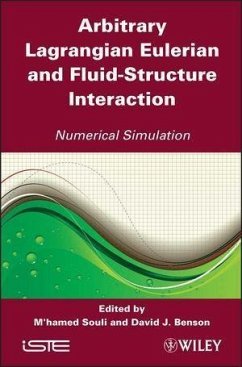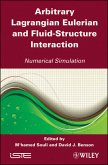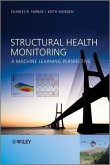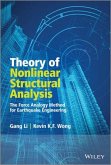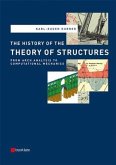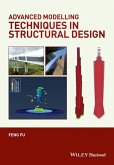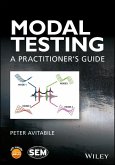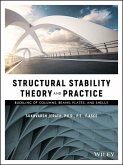This book provides the fundamental basics for solving fluid structure interaction problems, and describes different algorithms and numerical methods used to solve problems where fluid and structure can be weakly or strongly coupled. These approaches are illustrated with examples arising from industrial or academic applications. Each of these approaches has its own performance and limitations. The added mass technique is described first. Following this, for general coupling problems involving large deformation of the structure, the Navier-Stokes equations need to be solved in a moving mesh using an ALE formulation. The main aspects of the fluid structure coupling are then developed. The first and by far simplest coupling method is explicit partitioned coupling. In order to preserve the flexibility and modularity that are inherent in the partitioned coupling, we also describe the implicit partitioned coupling using an iterative process. In order to reduce computational time for large-scale problems, an introduction to the Proper Orthogonal Decomposition (POD) technique applied to FSI problems is also presented. To extend the application of coupling problems, mathematical descriptions and numerical simulations of multiphase problems using level set techniques for interface tracking are presented and illustrated using specific coupling problems. Given the book's comprehensive coverage, engineers, graduate students and researchers involved in the simulation of practical fluid structure interaction problems will find this book extremely useful.
Dieser Download kann aus rechtlichen Gründen nur mit Rechnungsadresse in A, B, BG, CY, CZ, D, DK, EW, E, FIN, F, GR, HR, H, IRL, I, LT, L, LR, M, NL, PL, P, R, S, SLO, SK ausgeliefert werden.

